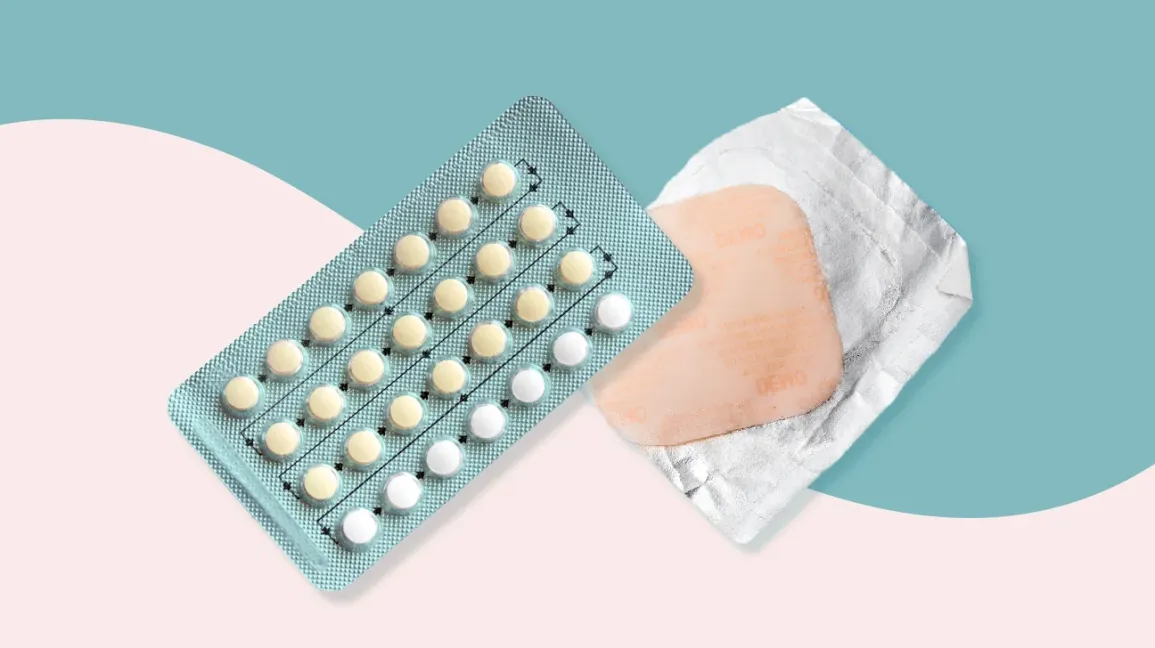You’ve probably heard it before: “Birth control can mess up your chances of getting pregnant later.” This fear is widespread—and it’s understandable. After all, when it comes to reproductive health, uncertainty can feel overwhelming. But is it true?
Does birth control affect fertility? It’s a question many women ask when considering contraceptive options or thinking about starting a family in the future. The good news? Research and medical experts largely agree that most birth control methods don’t have a lasting impact on fertility once stopped. In this article, we’ll unpack the science, debunk myths, and help you feel more confident in your reproductive decisions.
Understanding How Birth Control Works
To grasp the truth about fertility and birth control, it helps to understand how these contraceptives work in the first place.
Hormonal Birth Control
Hormonal methods—like the pill, patch, injection, or hormonal IUD—temporarily prevent ovulation, thicken cervical mucus, or thin the uterine lining. These actions prevent sperm from fertilizing an egg or implantation from occurring.
Non-Hormonal Birth Control
Barrier methods (like condoms or diaphragms) and copper IUDs don’t alter your hormonal cycle. Instead, they physically block or interfere with sperm movement or egg fertilization.
Does Birth Control Affect Fertility Long-Term?
The Short Answer: Rarely
Most women can conceive shortly after stopping birth control. Does birth control affect fertility? According to numerous studies, for the majority, the answer is no—especially not permanently. Here’s what the research says:
-
The Pill: Most women ovulate again within 2–6 weeks after stopping. Normal fertility usually resumes within three months.
-
IUDs (hormonal or copper): Fertility returns almost immediately after removal.
-
Birth Control Shot (Depo-Provera): This is one exception. Fertility can take up to 10 months—or even longer—to return.
-
Implants or Patches: Similar to the pill, most users regain fertility quickly after stopping.
In general, your ability to get pregnant post-birth control depends more on your age and overall reproductive health than the method used.
Common Myths About Birth Control and Fertility
Let’s debunk some persistent misconceptions:
Myth 1: The Pill Causes Permanent Infertility
This is a long-standing myth with no scientific basis. Hormonal birth control suppresses ovulation temporarily. Once you stop taking it, your natural cycle resumes.
Myth 2: Long-Term Use Makes It Harder to Conceive
Duration of use doesn’t appear to impact future fertility. Whether you’ve used birth control for six months or ten years, your chances of conceiving after stopping remain similar.
Myth 3: Skipping Periods with Hormonal Birth Control Damages Fertility
Skipping periods using extended-cycle pills doesn’t “build up” anything harmful. It simply prevents the uterine lining from thickening. There’s no link to infertility.
What Might Really Affect Fertility?
If you’ve been wondering, “Does birth control affect fertility?” the better question might be: What else could be affecting my fertility?
Age
Fertility naturally declines with age, especially after 35. This biological factor often gets confused with post-contraceptive delay.
Underlying Health Issues
Conditions like polycystic ovary syndrome (PCOS), thyroid dysfunction, or endometriosis can affect fertility. Sometimes, these only become noticeable after stopping birth control.
Lifestyle Factors
Smoking, excessive alcohol, poor diet, and chronic stress can impact reproductive health, not your previous contraceptive use.
Returning to Fertility: What to Expect
Once you stop using birth control, your body typically resumes its natural cycle. Here’s what you might experience:
Hormonal Adjustment Period
Your body may need a few weeks—or sometimes a few months—to stabilize. Irregular periods, mood swings, or acne may temporarily occur.
First Ovulation
Ovulation often resumes before your first period, meaning you can get pregnant very soon after stopping birth control. If avoiding pregnancy, use backup protection right away.
Time to Conceive
Most women conceive within 6-12 months of trying. If you’re under 35 and have been trying for a year (or 6 months if over 35), talk to your doctor.
Tips for Boosting Fertility After Birth Control
If you’re planning to conceive, here are ways to support your reproductive health post-contraception:
-
Track Your Cycle: Apps and ovulation kits can help you understand your fertile window.
-
Maintain a Healthy Weight: Being under- or overweight can affect ovulation.
-
Eat Nutrient-Rich Foods: Focus on folate, iron, healthy fats, and whole grains.
-
Stay Active: Regular exercise boosts circulation and hormonal balance.
-
Avoid Smoking and Limit Alcohol: Both can hinder fertility.
-
Manage Stress: Chronic stress may interfere with hormone levels and ovulation.
When to See a Fertility Specialist
If you’ve stopped using birth control and are having trouble conceiving, it’s okay to seek help. Consider consulting a specialist if:
-
You’re under 35 and haven’t conceived after 12 months
-
You’re over 35 and haven’t conceived after 6 months
-
You have a history of irregular cycles or known reproductive issues
Final Thoughts: Don’t Let Birth Control Myths Cloud Your Future
So, does birth control affect fertility? For most women, the answer is reassuring: not significantly, and not permanently. While some methods may delay ovulation briefly, especially the shot, nearly all users regain fertility shortly after stopping use. It’s essential to base decisions on facts, not fear.
If you’re considering birth control or planning to conceive in the future, talk to your healthcare provider. Understanding your body and your options is the best way to take charge of your reproductive health—with confidence.









